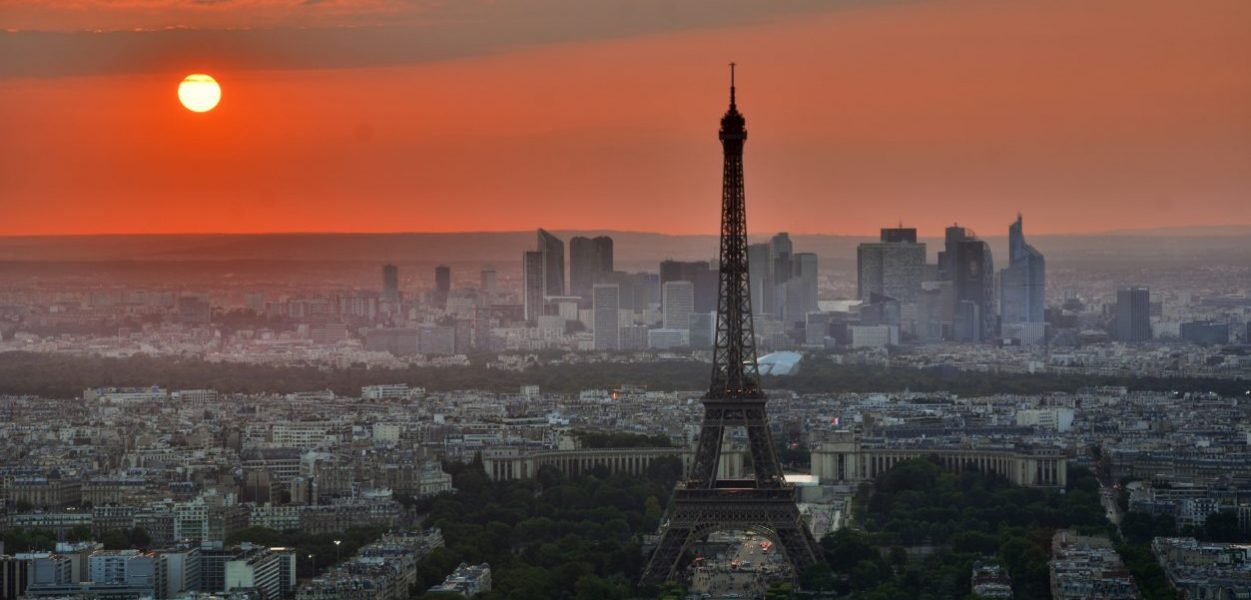Populism in France
Christophe Guilluy—
Amid a fanfare of republican self-congratulation, France has embraced globalization in all its glory. Wherever one looks, from the chronic alternation between traditional parties of the center left and center right to the denial of democracy itself, with the farcical referendum of 2005 on a European constitution, it is plain to see that France has become an “American” society like all the rest, inegalitarian and multicultural. In the space of a few decades, the implacable law of global markets has asserted its authority everywhere, replacing a society founded on egalitarian ideals by a polarized society seething with tensions of every sort beneath a placid surface. The unprecedented social and cultural disruption provoked by this sudden swing has until now been covered up by a patriotic blast of trumpets. But this republican fanfare, though it grows louder and louder, rings ever more false with the passage of time. As in all the other developed countries, the new economic order does not cease sowing division and discord.
How could things have changed so quickly? How could a dominant class, by definition minuscule, have managed to impose an economic model that no one, and especially not the working classes, had chosen? How was this model able to win acceptance so easily, when criticism of a system run by bankers (and the wealthy oligarchs they are assumed to serve) is a commonplace of intellectual commentary and political debate?
All of this was possible in the first place because the dominant class is supported by a large segment of society, namely, all those who gain from globalization or who are protected against its adverse consequences. These people, though they themselves need not be either rich or owners of capital, make up a crucial part of what I call the higher France. This privileged stratum consists of not only the country’s elites and traditional upper classes but also the new bourgeoisie that supports them, without whose aid nothing could have been done. Together they bear responsibility for economic and social policies that have plunged a majority of the working class into a kind of insecurity it had not previously known. They are agreed in placing the nation’s economy on a new territorial basis, metropolization, that has the effect of banishing the least well-off members of society to the periphery, condemned to live out their lives as second-class citizens.
Globalization has revived the citadels of medieval France. No longer walled cities, they are now modern cities in which a new class that captures most of the benefits of offshore production and free trade is concentrated. Workers in the developed countries, excluded from a broader economy based on an international division of labor in which they no longer have a place, being relatively overpaid and underprotected, find themselves relegated to a lower France, the France of small and medium-sized towns and rural areas. Everywhere, from peripheral France (the part of the country that rejected the European Union by voting no in the 2005 referendum) to peripheral Britain (the land of Brexit), from peripheral America (the land of Trump) to peripheral Sweden (the vanguard of the European alt-right) and beyond, economic globalization arouses the same spirit of populist revolt.
It is owing to this very spirit that the higher France now finds itself in grave danger of losing control over the lower. The Maastricht Treaty of 1992 was the first shot across the bow, the referendum of 2005 the second. The existing order will finally break down not as the result of some decisive event; it will break down as the result of a slow process of social and cultural disaffiliation on the part of the working class. The political class in the broadest sense—not only politicians but cultural leaders, intellectuals, and journalists—now begins to dread the prospect of a modern slave rebellion. For a new form of class conflict, which had long been assumed not to exist, is now plain for all to see.
From Twilight of the Elites by Christophe Guilluy. Translated by Malcolm DeBevoise. Published by Yale University Press in 2020. Reproduced with permission.
Christophe Guilluy is a French geographer and the author of several books, including La France périphérique: Comment on a sacrifié les classes populaires. He also writes occasionally for The Guardian.
Further Reading:



























